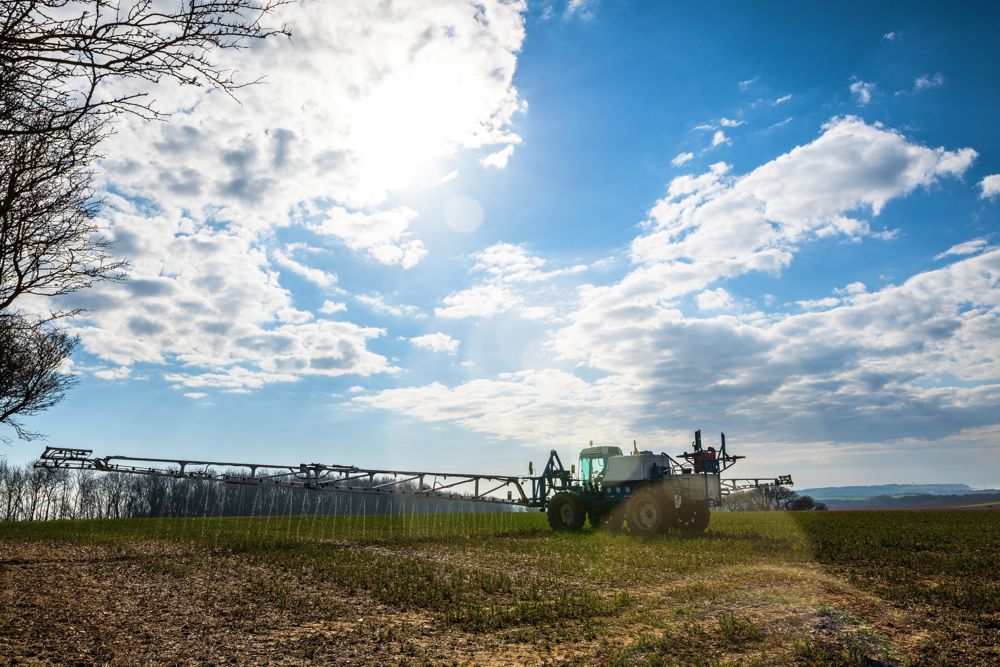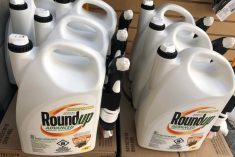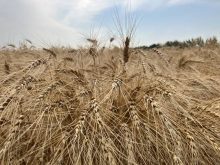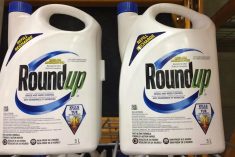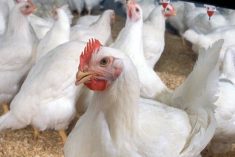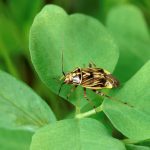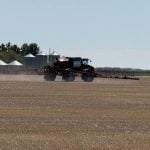Paris | Reuters — France expects to have cut the use of glyphosate herbicide by 80 per cent by early 2021, its agriculture minister said on Friday, less than previously anticipated due to the number of farmers who will qualify for an exemption.
In November 2017, President Emmanuel Macron pledged to ban glyphosate in France within three years, rejecting a European Union decision to extend its use for five years after a heated debate over whether the weedkiller, developed by Bayer-owned Monsanto, can cause cancer.
Read Also

Chinese importer buys Canadian canola after Carney visit
A Chinese importer bought a cargo of Canadian canola shortly after Canadian Prime Minister Mark Carney’s visit to Beijing last week, trader sources said.
The proposed ban caused outcry among farmers who rely on glyphosate heavily and quickly became a prickly issue for the president. Within months of announcing the ban, Macron recognized that 10 per cent of farmers would need an exemption.
A year on, that expected number is rising, as farmers say three years is too soon to find an economic and environmentally viable alternative.
“Macron’s goal of ending glyphosate use by Jan. 1, 2021, is a political objective. I think we’ll manage 80 per cent,” Agriculture Minister Didier Guillaume told France 2 television.
“If we get there faster, so much the better. If we don’t, the president has always said we shouldn’t leave any one without a solution.”
In a debate on Thursday with local residents in central France — part of a three-month long national debate Macron hopes will quell a popular rebellion against his liberal economic reforms — the president admitted it was “impossible” to guarantee there would be no glyphosate in use by 2021.
Adding to debate over the herbicide, a French court last week struck down the licence for one of Monsanto’s glyphosate-based products, citing safety concerns.
— Reporting for Reuters by Julie Carriat; writing by Richard Lough.

